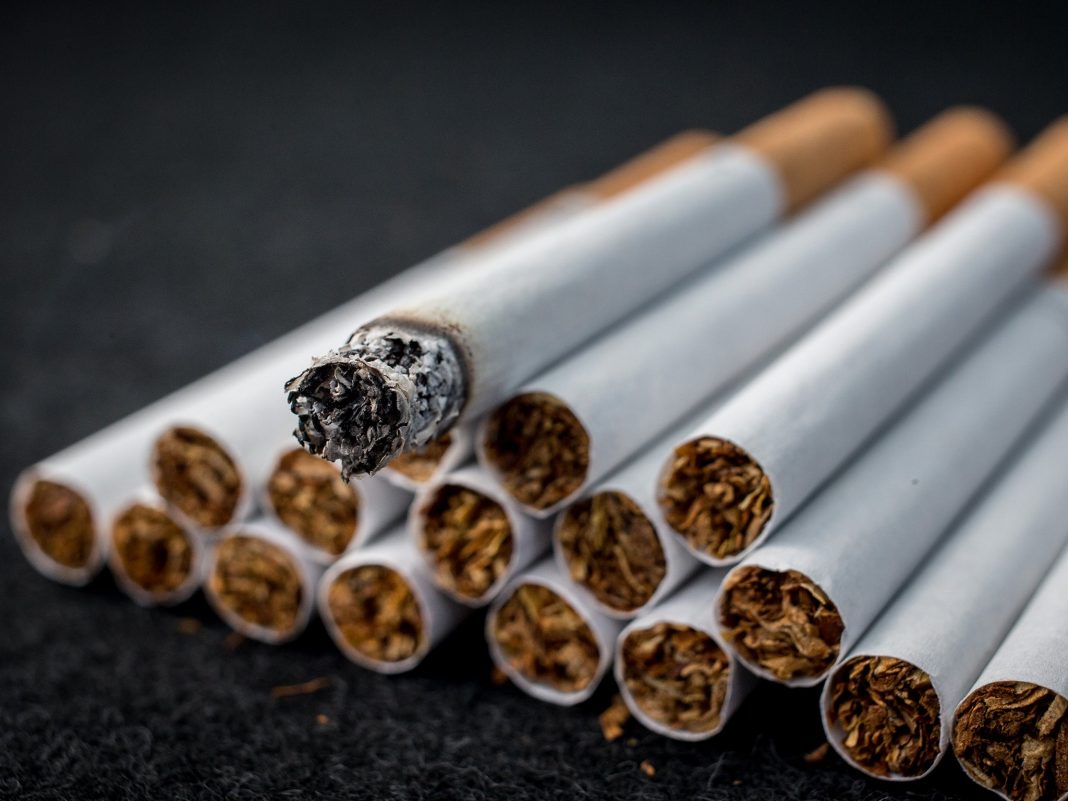By Thapelo Molefe
In a significant show of support, the majority of residents in the Northern Cape have backed the Tobacco Products and Electronic Delivery Systems Control Bill.
The Portfolio Committee on Health has been holding public hearings on the Bill in Kimberly, Kuruman and Upington.
It aims to strengthen public health protection measures, align South Africa;s tobacco control law with the World Health Organisation Framework Convention and repeal the Tobacco Control Act, 1993.
It proposes several measures to reduce tobacco consumption, including prohibiting smoking in all indoor public places, banning cigarette sales through vending machines and plain packaging with graphic health warnings.
It regulates electronic nicotine and non-nicotine delivery systems and bans the display of tobacco products at point of sale.
On Monday, committee chairperson Sibongiseni Dhlomo said residents of Upington expressed strong support for the Bill.
He said they believed it was a crucial step towards reducing smoking and protecting vulnerable groups, particularly the youth and pregnant women.
“There were strong views that without the proposed regulations, non-smokers are being exposed to harmful second-hand smoke inhalation and that the speedy implementation of the Bill would help curb this challenge,” he said.
“They also argued that the contribution made by the tobacco industry to tax revenue doesn’t offset the dangers and harmful effects of tobacco products. They pointed out that the industry was mainly concerned with profit making and not public health.”
However, Dhlomo said some concerns were raised by residents opposed to the Bill about its potential socioeconomic impact, including the livelihoods of those involved in the tobacco industry.
“Producers of electronic delivery systems argued that the Bill in its current form was not effective in its inability to set out a clear distinction between traditional tobacco products, like cigarettes, and electronic nicotine delivery systems,” Dhlomo said.
“They further argued that they are in support of regulation, but not as provided for in the Bill. They called for separate regulations addressing the unique vaping environment.”
He said residents of John Taolo Gaetsewe District Municipality in Kuruman expressed mixed views, but they did agree that tobacco industry needed to be regulated.
Dhlomo said that those in favour argued that the accessibility of tobacco products exposed youngsters to harmful effects of smoking and that the industry’s tax contributions did not offset healthcare costs.
He added that they emphasised the alarming consumption rates of tobacco products and vapes, which regulation could help normalise.
They also welcomed the plain packaging proposals, believing attractive packaging targeted the youth.
However, residents were concerned that the proposed legislation would empower the black market and reduce tax revenue.
“They also argued that the tobacco value chain provides employment opportunities that will be inevitably diminished by further regulation of the industry,” Dhlomo said.
“As an alternative, they called for the return of the Bill to the National Economic, Development and Labour Council to ensure that it gains the necessary consensus.”
They called for stricter enforcement of protective regulations, especially in spaza shops, which continued to sell tobacco products to children.
In Kimberly, the community was worried about unknown chemicals in these products and how they impacted health.
Dhlomo expressed satisfaction with the public participation process, highlighting its importance in ensuring that citizens’ views were reflected in decision making.
Over 90% of participants were young people.
The committee will conduct its final public hearings in KwaZulu-Natal later this week.
This will be followed by a review of public submissions and engagement with organisations that made written submissions.
INSIDE POLITICS

